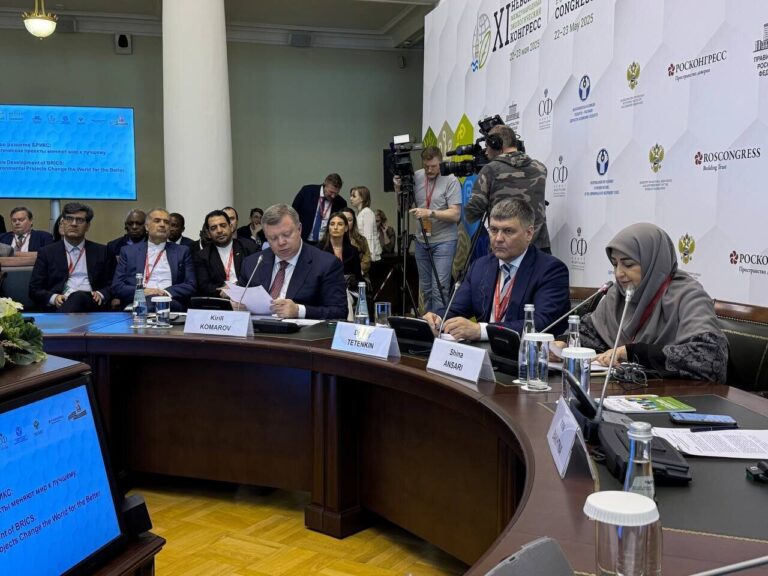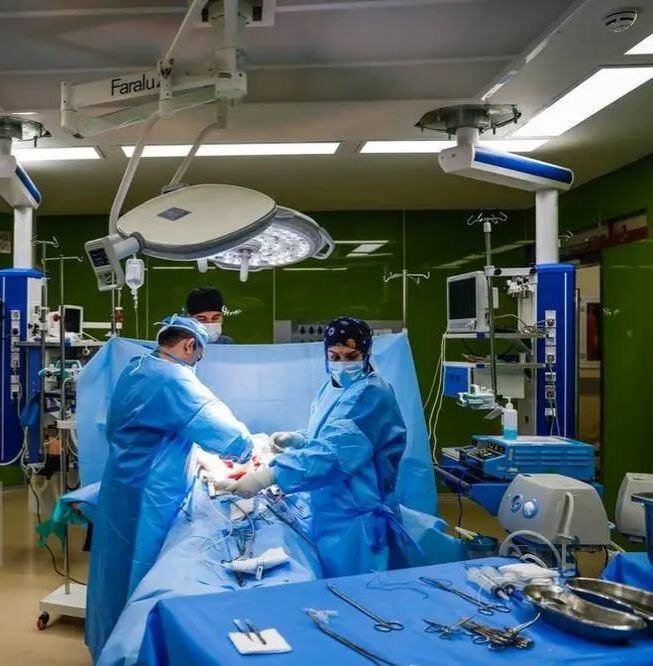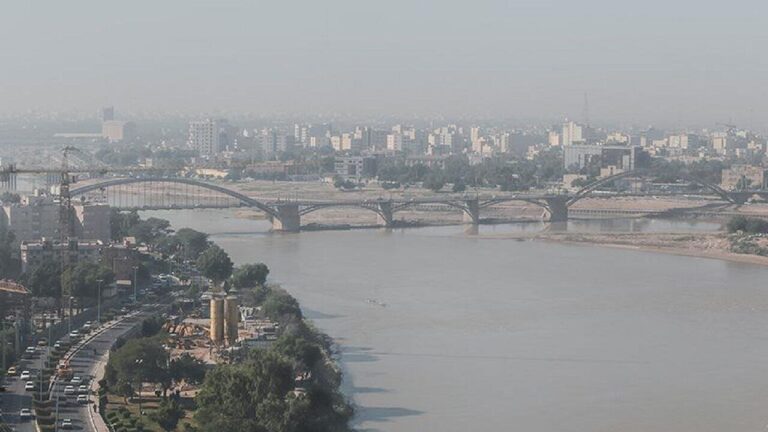
Similar Posts

Iran’s Road Safety Crisis: Shocking Surge in Traffic Fatalities Raises Alarm
Iran is facing a severe road safety crisis, with over 20,000 fatalities and around 1 million injuries from traffic accidents reported last year. Minister of Health Mohammad Reza Zafarghandi noted that the death toll is the highest in 12 years, emphasizing the urgent need for improved road safety measures. Economic impacts are significant, costing about 7% of Iran’s gross national income. Most victims are under 50, highlighting the tragic loss of young lives. Concerns over the quality of domestically manufactured vehicles and inadequate infrastructure exacerbate the problem. Urgent action is needed to enhance vehicle safety and enforce stricter traffic regulations.

Global Cooperation: The Key to Unlocking Sustainable Development, Says DOE Leader
At the 11th Nevsky International Ecological Congress, Shina Ansari, head of Iran’s Department of Environment, stressed the necessity of global cooperation for sustainable development. Speaking at a panel on BRICS and sustainability, she warned that individual national efforts could undermine the credibility of sustainability goals. Ansari proposed a strategic program to guide collective sustainability initiatives, emphasizing the need for infrastructure, education, and public awareness. Iran has committed to sustainable development through various initiatives, including promoting Corporate Social Responsibility (CSR) and adhering to Environmental, Social, and Governance (ESG) standards. The Congress aimed to address pressing environmental issues and foster international collaboration.

Report Reveals Average Age of First-Time Mothers in Iran Hits 27.5 Years
Recent data from Iran’s National Organization for Civil Registration shows that the average age for women giving birth to their first child is 27.5 years, while for men it is 32.3 years. Urban first-time mothers average 28.2 years, compared to 24.4 years in rural areas. Notably, Tehran sees mothers averaging 30.6 years, while Sistan-Baluchestan has much younger averages. The fertility rate, after a seven-year decline, has stabilized at 1.6 children per woman due to the youth population law. Despite government incentives, expected growth in the youth population has not materialized, highlighting the complexities of family planning in Iran.

Celebrate Life: Join Us for Organ Donation Awareness Week!
The national ‘Organ Donation, Life Donation’ week will run from May 15 to 21, organized by the health ministry to promote organ donation awareness after brain death. Each day will focus on different aspects of organ donation to enhance public understanding. Additionally, Shiraz is hosting the fourth annual Eurasian-Iranian organ transplant congress with international experts discussing advancements in the field. The week will culminate in the ‘Great Ceremony of Life,’ honoring families of brain-dead donors. This initiative emphasizes the importance of organ donation in saving lives and fostering a culture that values the gift of life through education and awareness.

Air Pollution Linked to 16% Surge in Mortality Rates: A Growing Health Crisis
Air pollution poses a serious public health risk, linked to a 16% increase in mortality rates, with a 27% rise in cardiovascular deaths and a 28% increase in lung cancer fatalities. The World Health Organization highlights it as a major environmental health threat, causing over seven million premature deaths annually. In Tehran, fine particulate matter, particularly during colder months, significantly worsens air quality, leading to severe health issues, including heart conditions and respiratory problems. The Iranian Health Ministry reports around 50,000 pollution-related deaths each year. Effective solutions include stricter regulations, renewable energy advancements, and increased public awareness to combat this crisis.

Unlocking Wellness: How a Healthy Ramadan Diet Combines Nutrition and Traditional Medicine
Iranian traditional medicine provides insightful guidance for self-care during Ramadan, emphasizing the importance of well-being through fasting. While fasting is spiritually significant, individuals with health conditions like diabetes or hypertension may need to abstain. Experts recommend eating lightly during Suhur and breaking the fast with easily digestible foods such as dates and honey. Gradual reintroduction of food post-fast is advised, prioritizing fruits and whole grains. Individuals should modify their diets according to personal health needs and avoid heavy or spicy foods. Engaging in exercise should be timed wisely to prevent dehydration. Overall, these practices enhance health during the holy month.